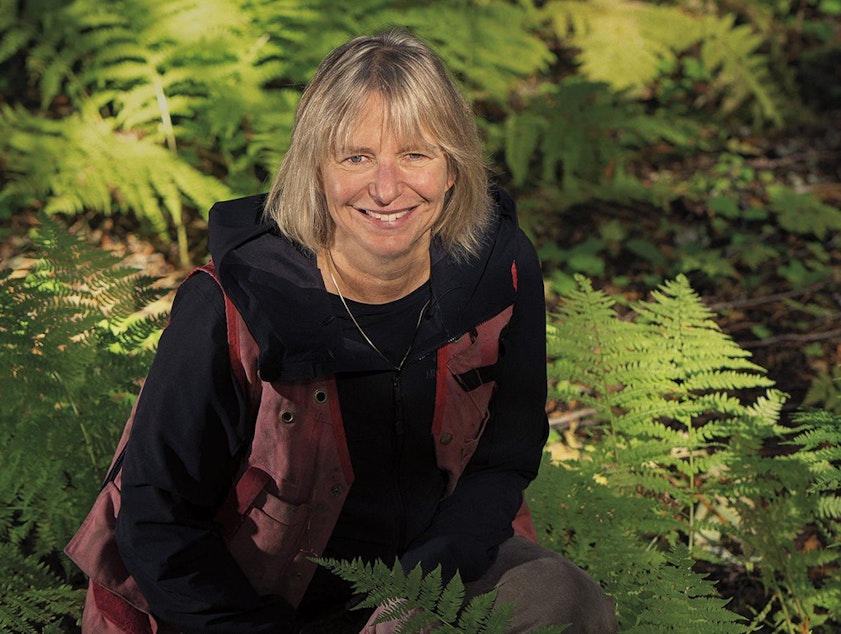Ecologist Suzanne Simard’s life work is highlighted in ‘The Mother Tree’

Imagine what it must have been like for a fledging ecologist to share with her colleagues, mostly men, her notion that trees and plants talk to each other. That’s what Professor Suzanne Simard did early in her career. Suffice to say, it didn’t go over well. The derision she faced forced her to switch for a time to a less controversial discipline, climate change.
Fortunately, Simard returned to the work of understanding how and why “a forest is much more than what you see.” The hard science behind her findings has begun to change how scientists and lay people understand the intricate, societal connections that make a vibrant, sustainable forest.
It turns out there are many ways in which humans might want to emulate those plants and trees. Simard is now renowned for her work on hub trees, or mother trees, the largest trees in forests, which have a central role in vast underground mycorrhizal networks. A mother tree supports seedlings by infecting them with fungi and supplying the nutrients they need to grow.
Simard’s new book is The Mother Tree: Discovering the Wisdom of the Forest. About it, The Stranger's Charles Mudede wrote, "I reached the conclusion that Simard spoke like someone who had been raised by trees, in the way Tarzan was raised by gorillas."
Suzanne Simard is a professor in the Department of Forest and Conservation Sciences at the University of British Columbia. She is interviewed here by the writer and teacher Sarah Sentilles, the author of Stranger Care.
The Elliott Bay Book Company presented their conversation on May 10, 2021. Elliot Bay’s Rick Simonson introduced the program.




